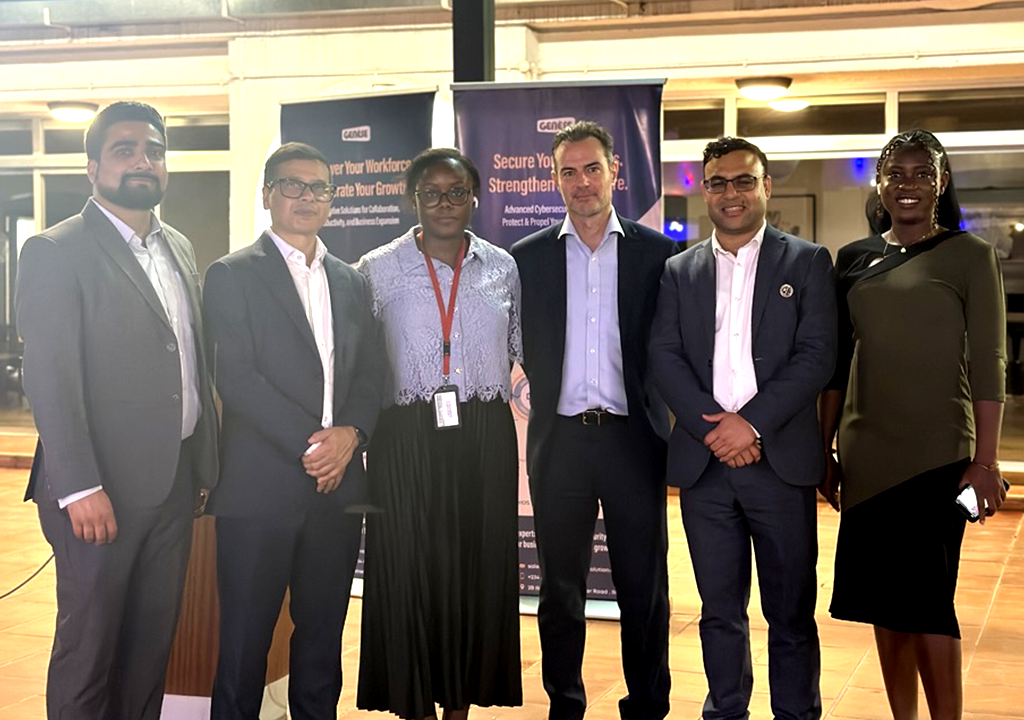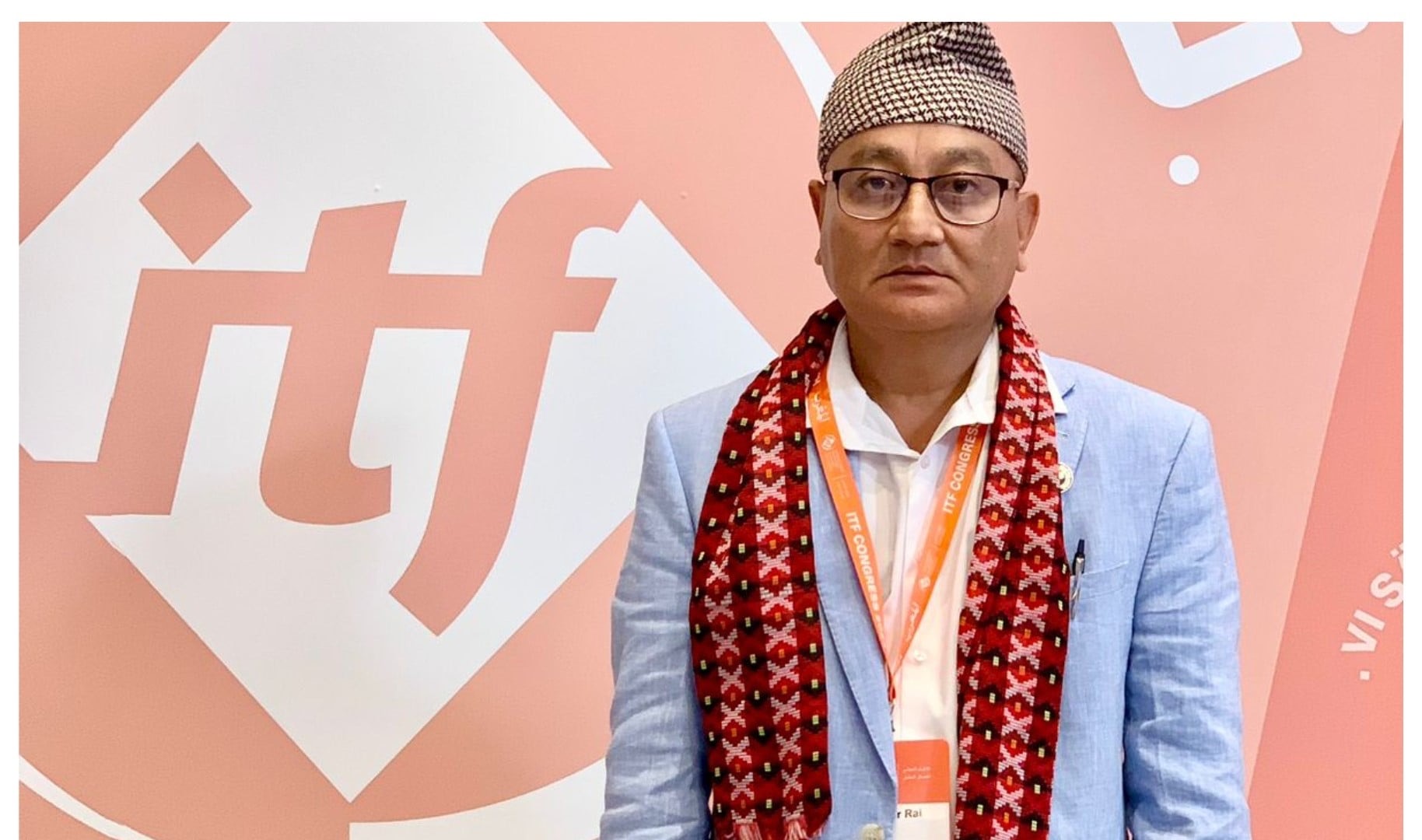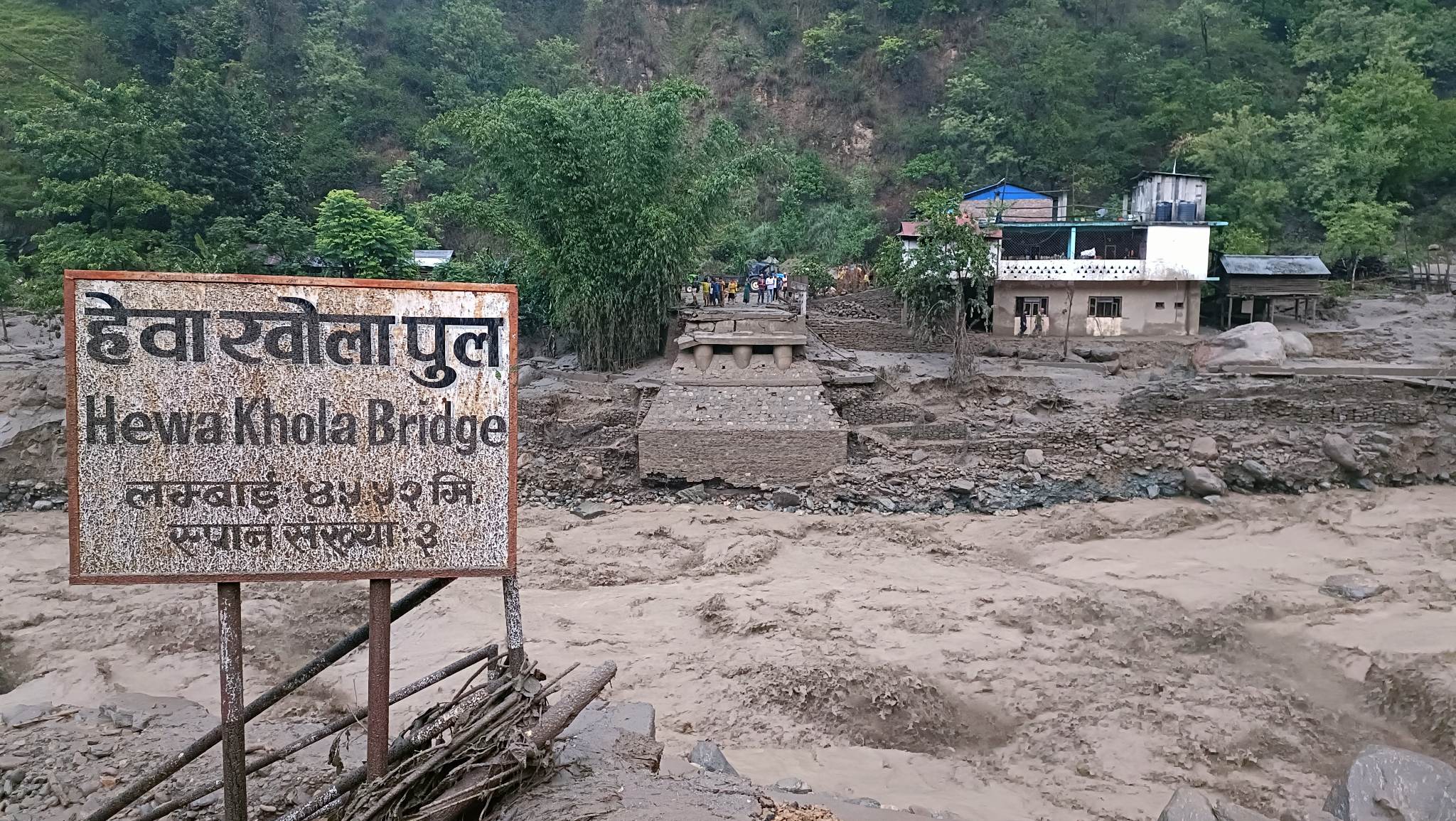COVID-19: CSOs call for fair & equitable benefit sharing of medical products

London — Geneva (Kanaga Raja/Third World Network) – Nearly 400 civil society organizations (CSOs) and individuals have called for the operationalization of fair and equitable benefit sharing arising from the sharing of SARS-CoV-2 (the virus that causes COVID-19) digital sequence information and samples as recognized by the Convention on Biological Diversity (CBD) and its Nagoya Protocol.
In a letter to UN Secretary-General Antonio Guterres and the World Health Organization (WHO) Director-General Dr. Tedros Adhanom Ghebreyesus, the groups said they recognize that sharing SARS-CoV-2 samples as well as sequence information continues to be pivotal for the development of diagnostics, therapeutics and vaccines.
But a collective global public health response requires fair and equitable benefit sharing on an equal footing, they emphasized.
The letter to both the UN Secretary-General and the WHO Director-General was endorsed by 40 global and regional civil society organizations and networks, 228 national organizations and networks as well as 124 individuals from 77 countries.
Among the global and regional civil society organizations that signed on to the letter are ActionAid International; FIAN International; Global Policy Forum; Health Global Access Project (Health GAP); Indigenous Peoples Global Forum for Sustainable Development; Least Developed Countries (LDC) Watch; Peoples Health Movement; Society for International Development; Social Watch; Third World Network; Friends of the Earth Europe; Focus on the Global South; Institute for Social and Economic Analysis-INESC (Brazil); IT for Change (India); Fairwatch (Italy); Consumers Association of Penang (Malaysia); and Public Eye (Switzerland).
In their letter, the groups underlined that the CBD and its Nagoya Protocol are binding international instruments based on the principles of fairness and equity, linking access to biological resources with fair and equitable sharing of benefits arising from the utilization of such resources.
These principles are endorsed by WHO Member States as they form the basis of WHO’s Pandemic Influenza Preparedness Framework (PIP Framework), a multilateral instrument which recognizes the importance of sharing influenza viruses of pandemic potential on an “equal footing” with benefit sharing, considering both “as equally important parts of the collective action for global public health”, they said.
“We are heartened by the sharing of COVID-19 samples with reference laboratories for rapid confirmation and analysis as well as the sharing of digital sequence information.”
The first genetic sequence data for 2019-nCoV from China was freely and rapidly shared with the Global Initiative of Sharing All Influenza Data (GISAID).
Since then, samples and digital sequence information continue to be shared by developing countries.
Mounting evidence that, like influenza, the CoV-2 virus is mutating as it spreads around the world implies an ongoing need for epidemiological surveillance to collect and sequence CoV-2 strains from around the world to ensure that any new treatments will remain effective, said the CSOs.
They noted that the WHO’s R&D Blueprint titled “A Coordinated Global Research Roadmap: 2019 Novel Coronavirus” agrees that “virus materials, clinical samples and associated data should be rapidly shared for immediate public health purposes and that fair and equitable access to any medical products or innovations that are developed using the materials must be part of such sharing”.
The Blueprint also recognizes that “Access to the benefits of research is critical” and that the “scale up manufacturing of products (speed, access, cost)” is an important component of a successful implementation of the Roadmap.
It further calls on research funding grants to “include clauses that promote timely sharing of research data relevant to the outbreak response”.
Despite these good intentions, it remains unclear whether and how these elements are being operationalized, with fair and equitable benefit sharing realized, said the letter to the UN Secretary-General and the WHO Director-General.
“We are very distressed over the scramble for medical supplies to curb the COVID-19 outbreak, with developed countries, especially the United States and European countries leveraging their influence and spending, at the expense of the needs of developing and least developed countries around the world,” said the CSOs.
“We are extremely concerned by the lack of guarantee from bio-pharmaceutical, and diagnostic companies to ensure rapid availability and affordability of medical products (especially diagnostics, therapeutics and vaccines as they are developed and rolled out) to all in need in developing and least developed countries, and to ensure dissemination of manufacturing technologies to rapidly scale-up diagnosis and treatment,” they added.
The UN General Assembly Resolution A/74/L.52 calls on the UN system “under the leadership of the Secretary- General, to work with all relevant actors in order to mobilize a coordinated global response to the pandemic and its adverse social, economic and financial impact on all societies”, they noted.
The UN Resolution A/74 L.56 on “International cooperation to ensure global access to medicines, vaccines and medical equipment to face COVID-19” requests “the Secretary-General, in close collaboration with the World Health Organization, to take the necessary steps to effectively coordinate and follow up on the efforts of the United Nations system to promote and ensure global access to medicines, vaccines and medical equipment needed to face COVID-19.”
The spread of COVID-19 has already disproportionately impacted high risk populations including the elderly, the poor, the malnourished, those with pre-existing medical conditions and migrant workers.
Women across the world are facing increased domestic violence and bearing a range of disproportionate socio-economic impacts.
Timely access to diagnostics, medical treatments and potential vaccines for these populations require special attention, especially in developing and least developed countries, said the CSOs.
“We urgently need the UN and WHO to take urgent steps to secure timely availability and affordability of medical products for developing and least developed countries.”
WHO’s PIP Framework sets a precedent for securing binding commitments from manufacturers in the context of a pandemic.
However, the extensive outbreak of COVID-19 will require far more ambitious guarantees from manufacturers, said the CSOs.
In this regard, the CSOs urgently called on the UN and the WHO to:
1. Secure binding commitments from bio-pharmaceutical companies and other manufacturers for the rapid supply of existing and future medical products, especially diagnostics, therapeutics and vaccines to developing and least developed countries at an affordable price.
2. Organize open platforms for the widespread and unconditional sharing of technology and knowledge including technical specifications, designs, blueprints and any other know-how to scale-up local/regional manufacturing of medical products required for COVID-19 response including diagnostics, therapeutics and vaccines; and towards that end to secure binding commitments from bio-pharmaceutical companies and other medical product manufacturers.
3. Proactively coordinate and direct COVID-19 R&D by setting up an open innovation platform for the rapid public sharing of all research outcomes, knowledge gaps and problem solving, and towards that end secure binding commitments from entities and individuals engaged in the R&D.
4. Ensure that intellectual property rights do not affect or hinder efforts to curb the COVID outbreak..
A copy of the letter was also sent to the President of the United Nations General Assembly, the President of the UN Economic and Social Council (ECOSOC), the Acting Executive Secretary of the Convention on Biological Diversity, and the UN High Commissioner for Human Rights.

















Facebook Comments